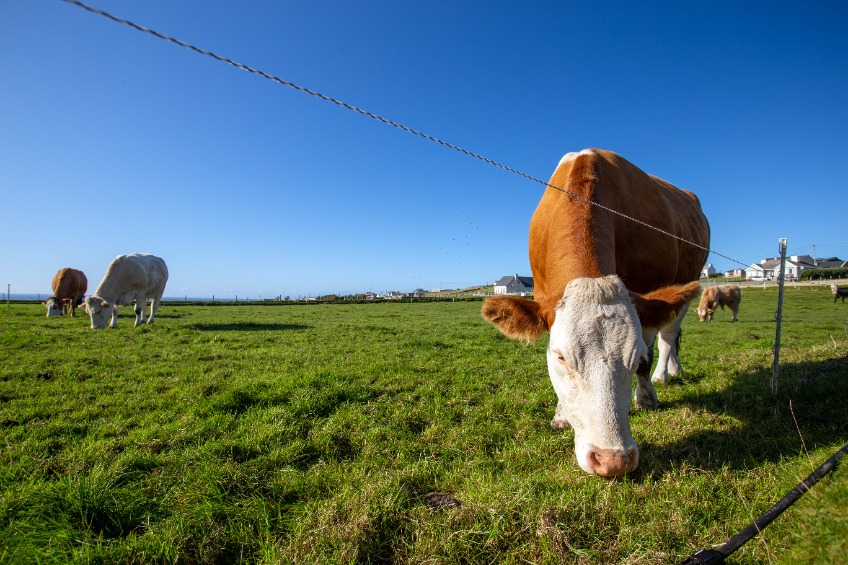
The cost of bovine TB is 'soaring' in Northern Ireland, with farmers in the province 'eager' to adopt a different strategy to combat the disease.
The Ulster Farmers’ Union (UFU) has called on the Northern Irish government to urgently implement the revised bTB eradication strategy.
Over the last ten years the cost of bTB has increased. According to the UFU, by April 2023, it is projected to have cost the taxpayer an additional £17.1m.
These costs do not take into account any of the lost revenue incurred on farms, nor the stress that farmers are subjected to when they lose livestock to bTB.
At the end of October 2022, the herd incidence level for bovine TB reached 9.95 percent.
The only time it ever briefly exceeded this percentage was following the Foot and Mouth outbreak 20 years ago.
UFU president David Brown said farmers across NI were 'eager' to adopt a different strategy to reduce bTB levels.
“The UFU has committed a huge amount of time and resources to driving the revised bTB strategy forward and continue to work to get it put in place," he added.
"We’ve been liaising with the two expert working groups that have been working on this new eradicate strategy.
"Meanwhile the absence of meaningful action continues to yield huge financial losses, causing emotional devastation on NI farms.”
With NI on the journey towards net zero and the agri-food industry having a major role to play coupled with the rising demand for food globally, Mr Brown said bTB was affecting the sustainability of farms.
He explained that the least sustainable aspect of the production system was the removal of almost 16,000 productive animals every year due to bTB.
Meanwhile, farmers are challenged to reduce their carbon footprint and produce more efficiently, with Mr Brown calling it a 'complete contradiction'.
"Not to mention that agricultural production needs to increase by an estimated 60% to meet the rising food demand from a decreasing area as population and climate pressures reduce the land available for food production.
“The bTB eradication strategy consultation was a once in a generation opportunity and while significant progress has been made to date, we have yet to fully implement it," he said.
"We need to get the revised strategy in place urgently so that farmers can use every measure within the policy to help eradicate the disease from NI once and for all."
